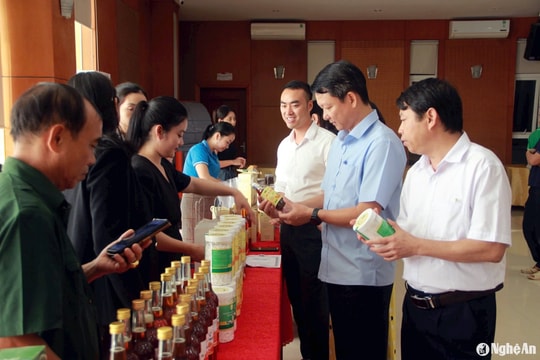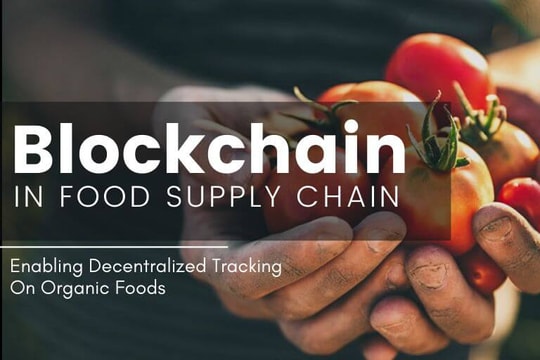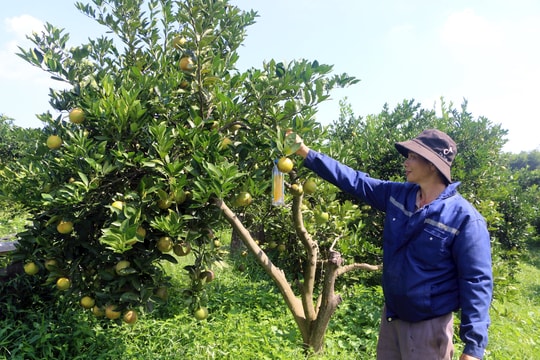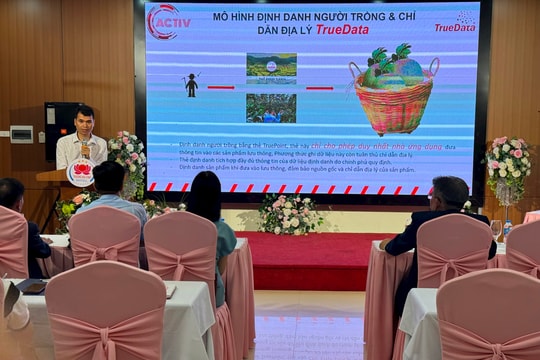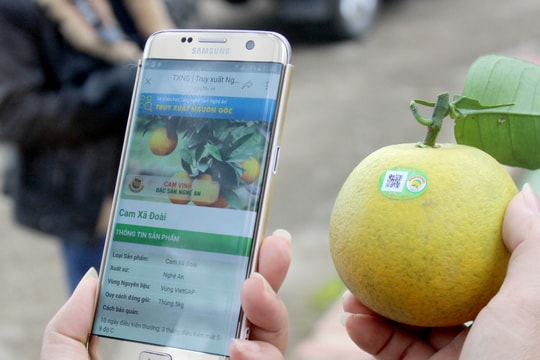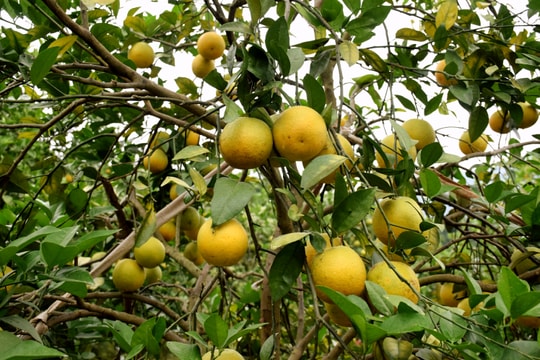Why does Vietnam not investigate the history of Chinese fruits?
China can trace the "background" of Vietnamese fruits, but Vietnam has difficulty tracing the origin of fruits from this country.
After tracing the origin of many Vietnamese agricultural products, the Ministry of Industry and Trade recently announced that from April 1, fruits (dragon fruit, mango, longan, durian, banana, etc.) exported from Vietnam to China will be traced. Specifically, the information required when exporting goods from Vietnam to China includes: Name of fruit product, origin, name or code of the packaging factory in Chinese or English...
On the contrary, currently Chinese fruits and vegetables of unknown origin are still widely sold in the Vietnamese market.
Chinese fruits and vegetables survive by "hiding behind"
Surveying supermarket systems and retail markets in Ho Chi Minh City, we found no trace of Chinese fruits and vegetables. Ms. Thuy Hien, who lives in Phu Nhuan District, Ho Chi Minh City, said that small traders in the market often import Chinese apples and grapes from wholesale markets, but when selling, they advertise them as American goods. This makes buyers confused, not knowing what is real and what is fake, and what is guaranteed quality.
“I know that China has traced the origin of our fruits and vegetables, so we should also require the same from them. That is, Chinese fruits and vegetables entering our country must also have a clear origin. They want their people to eat clean, safe food, so we must do the same to protect our people,” said Ms. Hien.
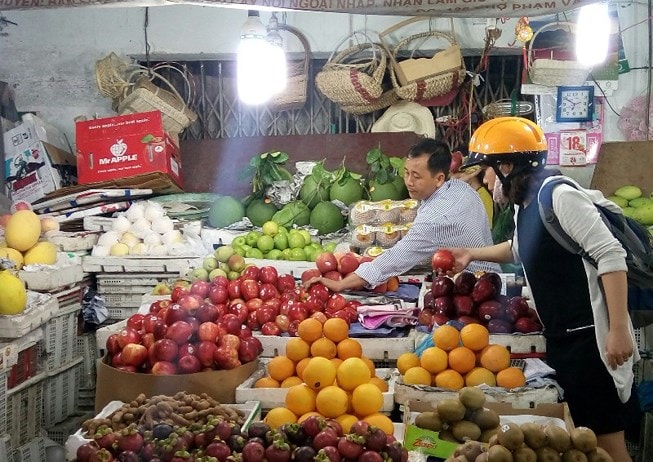 |
A representative of Thu Duc agricultural wholesale market (HCMC) said that fruits and vegetables originating from China account for about 10% of the total volume of goods imported into the market, or even more. The most abundant are oranges, tangerines, apples, pears, grapes, pomegranates, persimmons, garlic, onions... However, Chinese agricultural products are often bought by small traders to sell at retail markets, spontaneous markets, sidewalks... without labels.
Notably, fruits from European and American countries are mainly imported into Vietnam through official channels, so they have full documents for traceability and quality control. The most worrying thing is still Chinese fruits because official imports are few and unofficial imports are many, making it difficult to control quality.
“Therefore, it is necessary to strictly control the input of Chinese agricultural products by tracing their origin from border gates. At the same time, it is necessary to publicize information about Chinese vegetables and fruits that are found to contain toxic substances so that consumers know,” a representative of Thu Duc agricultural wholesale market suggested.
Sharing the same view, Mr. Dinh Van Huong, Chairman of the Vietnam Fruit and Vegetable Association (Vina Fruit), said that Chinese fruits and vegetables still have room to survive thanks to their penetration into Vietnam through unregulated unofficial channels or by disguise as imported fruits from the US, Australia, and New Zealand. Recently, many types of Chinese fruits have been disguised as domestic fruits of the same type, with similar physical characteristics, typically mangoes, persimmons, and carrots.
“Currently, the amount of fruits and vegetables imported from China into Vietnam, when distributed to retail markets and to consumers, is loosely managed and uncontrolled. Therefore, there must be regulations requiring Vietnamese importers and traders to label the origin of fruits and vegetables when sold on the market to protect food safety for consumers,” said Mr. Huong.
Must be fair to protect businesses and buyers
Currently, exporting mangoes, rambutans, star apples, etc. from Vietnam to other countries is very difficult. Not to mention that importers go to the garden to see the raw material area, they must meet the international standards GlobalG.AP before buying. Even China, a market that has long been quite easy-going, now requires Vietnamese fruits to have a clear origin.
Commenting on this new move by China, Mr. Nguyen Lam Vien, General Director of Vinamit Company, said that China'straceabilityVietnamese agricultural products will be good for the market in the long run, limiting Chinese traders from coming to Vietnam to buy.agricultural productswithout any documents, not complying with the laws of our country. This is also a technical barrier to limit Chinese traders from acting freely, while Vietnamese authorities cannot prevent them.
However, to ensure food safety and fairness with Vietnamese goods, we should have similar requirements for products imported from China. This includes standards on production, processing and packaging processes.
“Requiring traceability for imported Chinese goods not only ensures fairness for businesses but also provides peace of mind for consumers. It also helps us prevent toxic Chinese goods,” said the general director of Vinamit Company.
Responding to the press on this issue, Mr. Hoang Trung, Director of the Plant Protection Department, Ministry of Agriculture and Rural Development, said that applying traceability of fruits is necessary to ensure the quality and safety of export goods, as well as the reputation of the exporting country. This is a stepping stone for Vietnamese products to gradually expand access to demanding markets.
However, in Vietnam, the technical steps in controlling the quality of fruits, including planting, caring, harvesting, and preservation, have not yet been completed. This is also one of the main reasons why Vietnam cannot require traceability of fruits imported from China.

.jpg)
